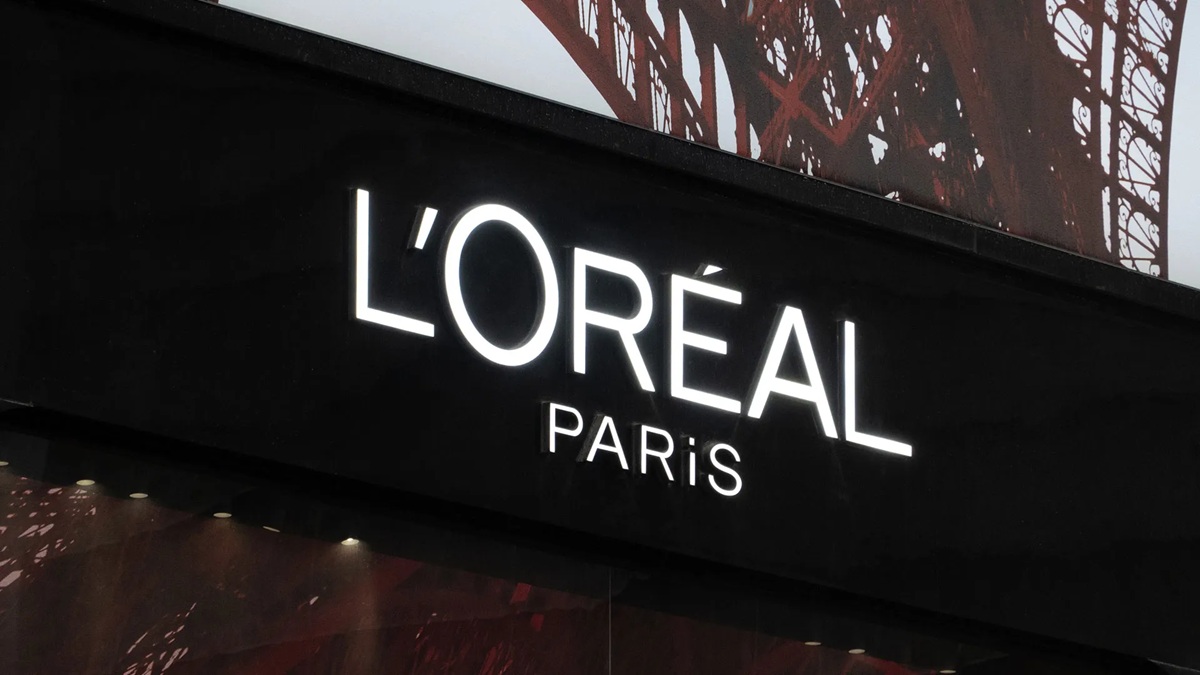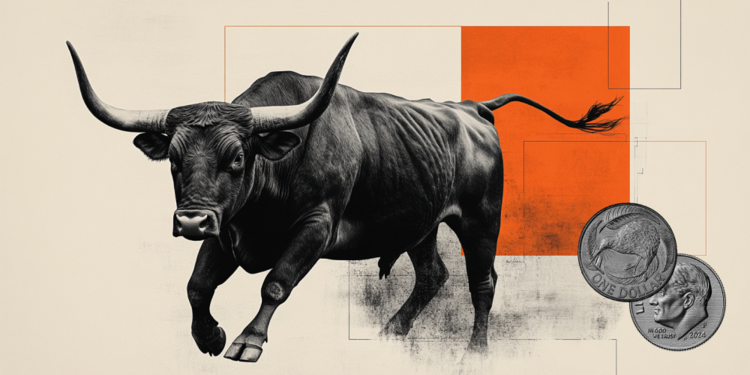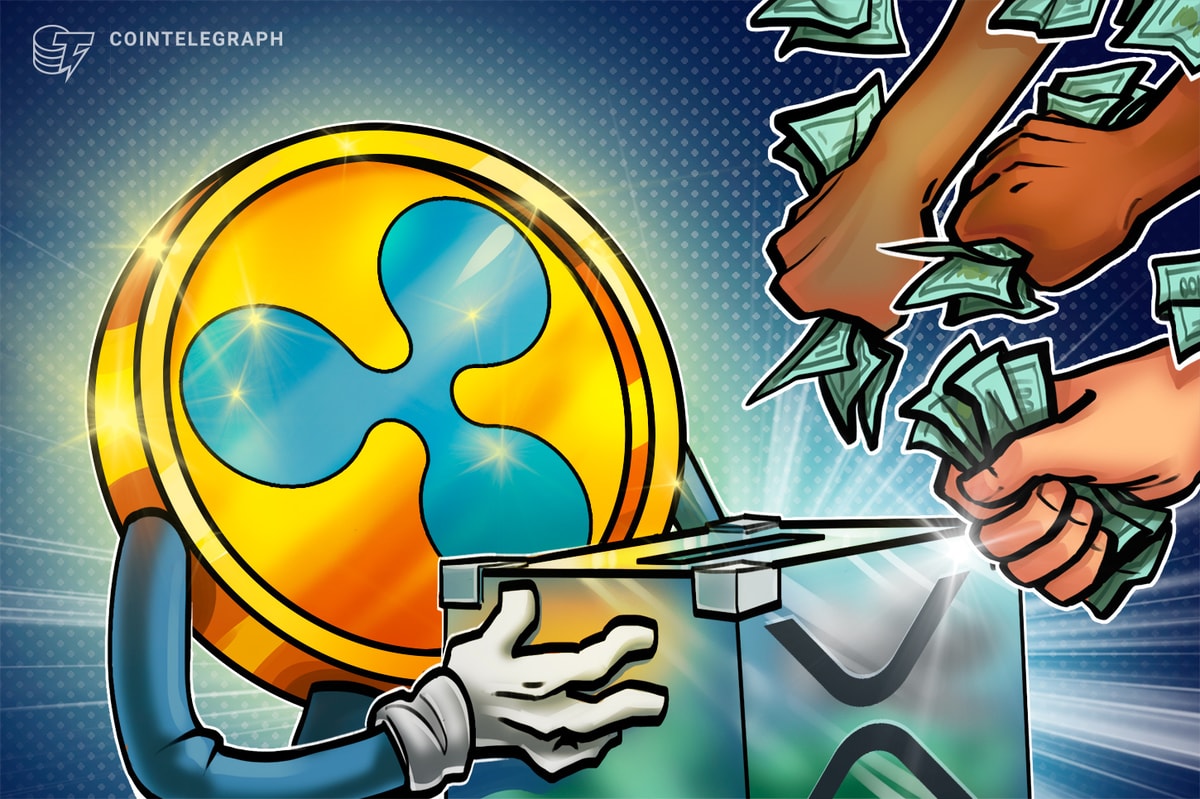Kering Nears $4bn Sale of Beauty Division to L’Oréal as New CEO Moves to Cut Debt and Refocus on Core Fashion Brands


French luxury group Kering, owner of Gucci, Balenciaga, and Bottega Veneta, is close to finalizing a deal to sell its beauty division to L’Oréal for around $4 billion, according to two people familiar with the matter, who spoke to Reuters.
The move would mark one of the most significant restructurings under newly appointed CEO Luca De Meo, as Kering seeks to streamline operations and reduce mounting debt following a difficult year in the global luxury market.
Sources confirmed the deal’s valuation aligns with an earlier report by The Wall Street Journal, which said that the world’s largest cosmetics group, L’Oréal, would acquire fragrance brand Creed and obtain rights to develop beauty products tied to Kering’s fashion labels, including Bottega Veneta, Balenciaga, and Alexander McQueen. The transaction could be officially announced as early as next week, according to the report.
Register for Tekedia Mini-MBA edition 18 (Sep 15 – Dec 6, 2025): registration continues.
Tekedia AI in Business Masterclass opens registrations.
Join Tekedia Capital Syndicate and co-invest in great global startups.
Register for Tekedia AI Lab: From Technical Design to Deployment.
Kering and L’Oréal declined to comment on the deal, though industry analysts say it reflects a broader realignment in the luxury sector as conglomerates adapt to shifting consumer trends and weakening demand in China — a market that once powered luxury growth but is now grappling with slower spending and economic uncertainty.
The expected sale comes just over a year after Kering launched its Kering Beauté division in 2023, marking its foray into the lucrative global beauty market through the acquisition of Creed, the British high-end fragrance house known for its cult perfume Aventus. That deal, worth 3.5 billion euros ($4 billion) in cash, was seen as a major step toward diversifying Kering’s portfolio beyond fashion and accessories.
However, the move came at a cost. Kering’s net debt rose sharply to 9.5 billion euros by the end of June 2025, fueling concerns among investors about the group’s balance sheet amid falling profits and a struggling Gucci brand.

The sale to L’Oréal, therefore, represents an early and decisive effort by De Meo to refocus Kering’s strategy around its fashion houses while offloading a business that, though promising, required long-term capital investment to compete with established beauty giants.
L’Oréal’s Expansion Drive
For L’Oréal, which has long dominated the global beauty industry, the acquisition would add another prestigious fragrance and fashion-linked portfolio to its already formidable lineup, which includes brands like Lancôme, Yves Saint Laurent Beauté, Armani Beauty, and Valentino Beauty.
The deal would expand L’Oréal’s licensing rights across Kering’s most visible labels, giving it exclusive control over their fragrance and beauty development — an area where the cosmetics group has a long history of success.

Earlier this month, Reuters reported that L’Oréal had also been approached by representatives of Armani Group, following reports that late designer Giorgio Armani’s will named the French conglomerate as a potential buyer for a minority stake in his fashion house. This points to L’Oréal’s ongoing strategy to deepen its ties with top-tier luxury labels while reinforcing its dominance in the global prestige beauty market.
Some believe that the combination of Creed’s luxury cachet and L’Oréal’s scale could create a new growth engine for the French cosmetics giant.
The sale also comes amid a turbulent period for Kering, which has struggled to reignite growth at Gucci, its flagship brand that once accounted for more than 60% of group profits. After years of dominance in the luxury market, Gucci has faced waning consumer enthusiasm, particularly in China, where younger shoppers have turned toward rival brands such as Dior, Louis Vuitton, and Hermès.
The company’s other houses, including Saint Laurent and Bottega Veneta, have provided some stability, but not enough to offset the broader slowdown. The luxury sector as a whole has been pressured by macroeconomic headwinds, including inflation in the U.S. and Europe, slower discretionary spending in Asia, and currency volatility that has squeezed margins.
Since Kering announced Luca De Meo’s appointment as CEO in mid-June, shares in the company have surged about 60%, reflecting investor optimism that the former Renault executive could bring fresh strategic discipline and accelerate a turnaround. Analysts say the pending sale to L’Oréal could further bolster investor confidence by reducing debt and freeing up capital for Kering’s core fashion businesses.
A Redefined Luxury Landscape
The move highlights a broader trend within the luxury industry, where fashion conglomerates are reassessing their exposure to secondary markets like beauty and hospitality. While brands such as Chanel and Dior have leveraged beauty to strengthen their global reach, others like Kering are choosing to narrow their focus on brand exclusivity and creative renewal.
De Meo’s strategy, insiders suggest, will likely center on restoring Gucci’s dominance through tighter brand control, creative reinvention, and selective expansion in high-margin markets. The sale of Kering Beauté to L’Oréal would provide the liquidity to fund those ambitions while signaling a disciplined approach to portfolio management.
If completed, the $4 billion deal would mark one of the largest luxury-to-beauty transactions in recent years and a defining moment for both companies — Kering, in its quest for strategic clarity, and L’Oréal, in its pursuit of ever-expanding dominance across the global beauty industry.





